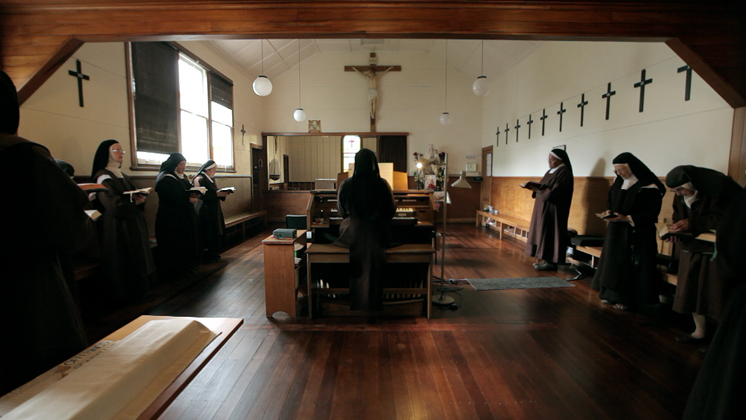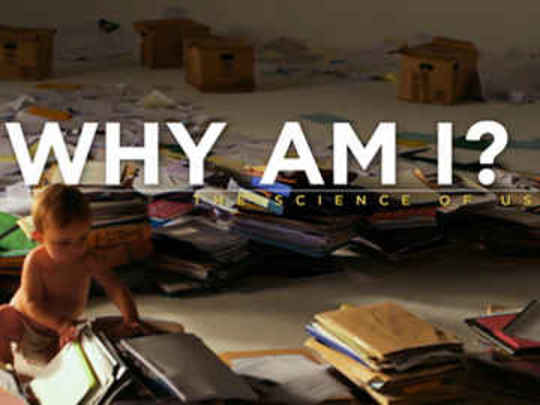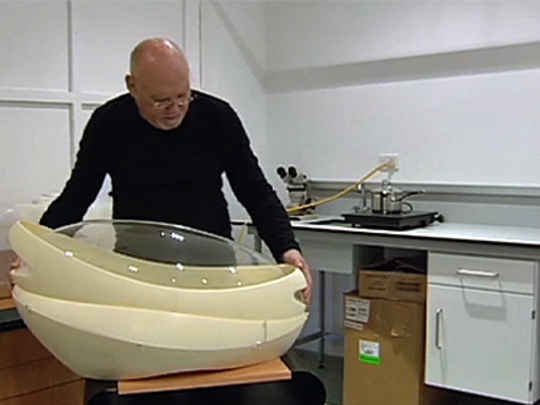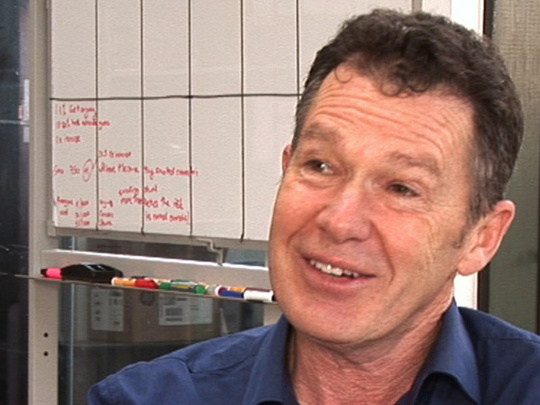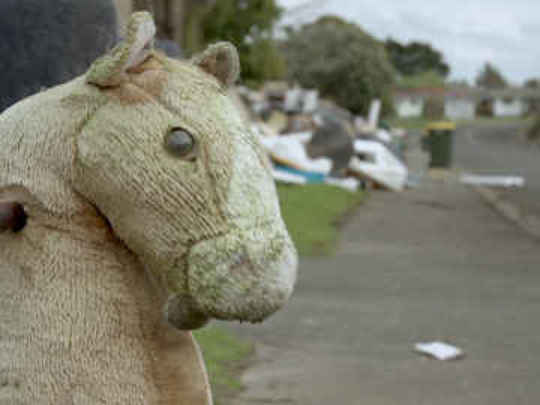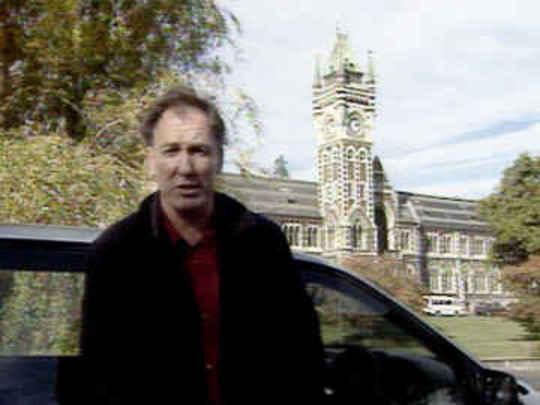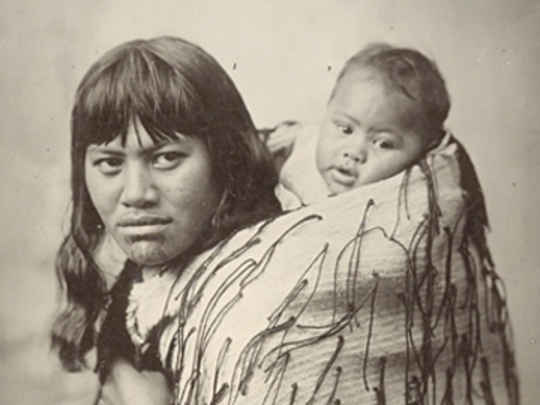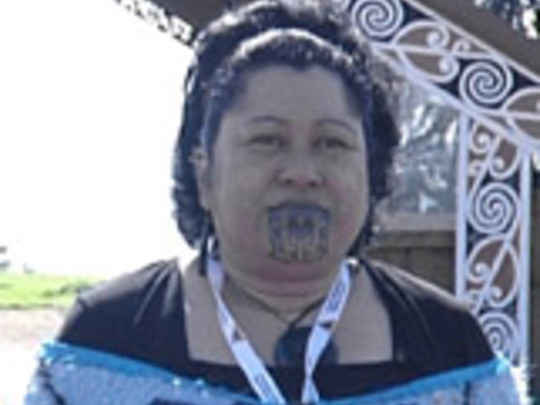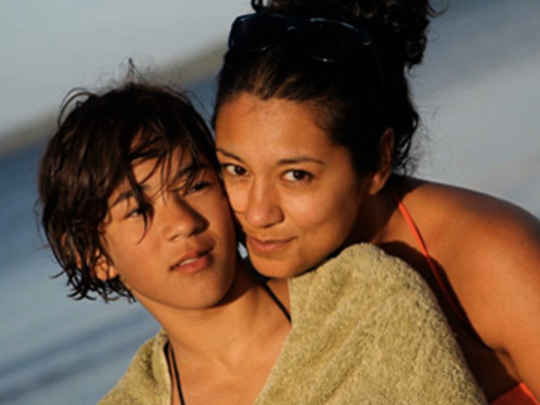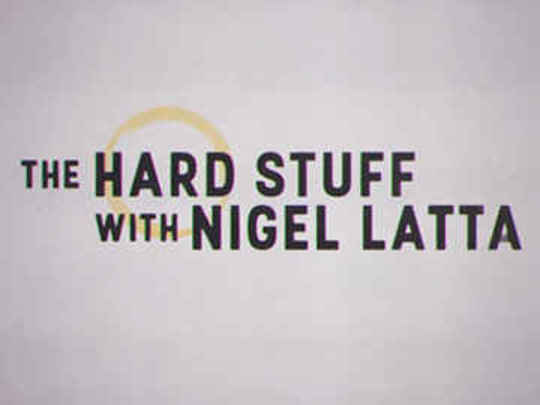...this whole question of early childhood exposure is raising a lot of interesting things. And I sometimes, rather facetiously, say 'Well, the best advice is when you’re on your way home from the maternity hospital, stop at the pet shop and buy a dog — maybe two dogs.' Something that'll stir up the dirt. And let your chld play in the dirt — it's good for them.
– Professor Malcolm Sears on lowering the rate of allergic reactions and asthma in babies
A fundamental part of being human is our desire to interact and connect with others. More than half the world's population now live in urban areas, meaning we encounter and engage with hundreds, if not thousands of other people on a daily basis. But even in the middle of a busy city there are some who aren't mixing with everyone else.
– Narrator Susie Ferguson on isolation
Silence is not an absence, it's not a negative, it's a positive. If it’s the right kind of silence, I might add.
– Carmelite Nun Sister Mariam, on taking the Great Silence
Many of them are much more likely to grow up to be anxious adults. They are also more likely to develop depression, and over the course of time they've also failed to accumulate the friends and the networks that would help many others cope with difficult times.
– Professor Avshalom Caspi on lonely children being more likely to become socially disadvantaged adults
The health risk caused by loneliness has been estimated to be the equivalent of smoking 15 cigarettes a day and being an alcoholic. And the longer someone spends out of favour as a child, the worse their health will be as an adult.
– Narrator Susie Ferguson on the physical health consequences of loneliness
Like their human counterparts, socially isolated monkeys have suppressed immune systems, increased inflammation, and other health issues.
– Narrator Susie Ferguson on monkeys having the same health issues as humans if isolated from their social circles
It seems that the need to belong is universal, and if thwarted, it can result in a series of biological processes actually getting under the skin, to cause physical ill health.
– Professor Richie Poulton, director of the research unit which runs the Dunedin Study (16:05)
In a city with so many resources, where it's a very wealthy city, Bayview-Hunters Point is almost like a little slice of the third world in the middle of this amazing world-class city ... the rates of hospitalisation for diabetes are 12 times higher; the hospitilsation for heart disease, five or six times higher...
– Bayview Child Health Center Doctor Nadine Burke Harris on the split between rich and poor in San Francisco
If I'm looking at one of my newborns, and I think to myself: 'If this baby, if her parents lived on the other side of town, her life expectancy would be 11 years longer!' Why is that?
– Bayview Child Health Center Doctor Nadine Burke Harris on differing life expectancies between children born to rich and poor families
Getting out of poverty by the time you’re an adult can’t undo the damage that’s already occurred. In other words, what happens during those childhood years has a long-lasting, far-reaching impact upon how your health is going to be as an adult.
– Professor Richie Poulton, director of the research unit which runs the Dunedin Study
The Dunedin findings demonstrate poverty is not just an economic or a social issue. It is also a physiological condition that permanently weakens people, making them susceptible to repeated bouts of illness and poor health.
– Narrator Susie Ferguson on the effects of poverty
What this study does, is demonstrate that children who were exposed to maltreatment or adversity, had a higher sensitivity CRP [a test for infection] in adulthood than children who were not maltreated. That tells us about the biology, the physiology, the inflammation that happens in the body as a result of exposure to childhood trauma. And, for me, that was very powerful.
– San Francisco Doctor Nadine Burke Harris on the physical effects of mental trauma
As the twig is bent, that's the way the tree grows. The stress that you experience in a conflicted family, when being exposed to child maltreatment in particular, that does things to the physiological stress system. That leads you, in later life, to have more inflammation.
– Professor Jay Belsky, University of California, Davis on the effects of childhood trauma
The Dunedin Study is known in our field — in many fields — as just a hallmark and landmark study: just a brilliantly conceived study ... whoever came up with the idea should be really thanked. I mean, this is Nobel Prize-winning stuff.
– Emeritus Professor James Fallon from the School of Medicine, University of California, Irvine
The study has followed its subjects through all of life's milestones, from birth to middle age, and all stages inbetween. The subjects are still anonymous, but they are an accurate representation of us all.
– Narrator Susie Ferguson, near the end of this episode
